Get the mental health support you deserve
FAQs
-
You can book into any of our clinicians’ schedules by clicking the “Book now” button on our website. Simply select the clinician you would like to work with and book into any available time slot they have.
Alternatively, you may complete our Contact Form on our Contact Page to request an appointment or inquire for more information, or email us at info@shoreacrestherapy.ca.
(If there is a clinician you would like to work with but their available times on the calendar do not align with your schedule, email us and we can likely still help you out).
-
The first session (intake appointment) is 50-minutes in length allows your clinician to get to know you and understand what it is you are needing help with. We cover rules surrounding confidentiality and limits to this, our fees and cancellation policy, and begin discussing your background and history before shifting into talking about what has brought you in to therapy.
By the end of the first session, we will have a better understanding of your needs and will discuss a treatment plan with you, including the therapy approach we think will be most helpful for you, expectations around expected length of treatment and anticipated frequency of sessions required. You will have the opportunity to ask questions.
-
No. You can self-refer for therapy without needing a referral from your family doctor. Simply click the “book now” button on our website, select the clinician you would like to work with, and book into any of the available slots in their schedule. You may prefer to book a free phone consult call with a clinician prior to booking a first appointment.
Alternatively, your family doctor or other clinician may wish to complete our Referral Form, which can then be faxed to us.
-
Clinical Psychologists are licensed to provide psychodiagnostic assessment and communicate diagnoses of mental disorders. Registered Psychotherapists and Social Workers offer psychotherapy and cannot offer clinical diagnosis.
-
Clinicians at Shoreacres Therapy offer treatment that is backed by clinical research and proven to reduce psychological symptoms and enhance functioning. We tailor our approach to each individual to ensure we are meeting the goals you have set for yourself.
-
Many clients report an improvement in symptoms after the first couple of appointments as they start to build awareness about what may be contributing to their symptoms and practice alternative ways to respond to life’s difficulties. However, this varies widely between individuals. If your symptoms are mild in nature, treatment may only take 3-5 sessions. However, if your symptoms are more complex, treatment can take longer (20+ sessions). Based on assessment and initial impressions, we will come up with a plan for your treatment.
-
Sometimes there is nothing specific we can identify that has happened to us and that would explain why we are feeling the way we are feeling, or a lot has happened and we do not even know where to begin. Regardless of whether you can clearly explain what it is you would like help with, or whether you need some help finding the right words, therapy can be a way to start to explore what exactly it is you are experiencing.
In our conversations together, you will begin to find the language to make sense of your experiences. Research shows that when we can put words to our experiences, we can better understand them, and in this process gain clarity on what it is that we need in order to be able to heal.
-
Dr. Sarah Haller and Ms. Brittney Mandryk have training in the assessment and treatment of perinatal mental illness. The perinatal period encompasses the time from conception through the first year postpartum, a time period when women (and their partners) are susceptible to experiencing changes to their mood and anxiety.
Dr. Haller holds a certificate from Postpartum Support International (PSI), and has her Level A Certification with the Interpersonal Psychotherapy Institute for the treatment of Perinatal mental illness.
Interpersonal Psychotherapy (IPT) is an evidence-based treatment for perinatal mood and anxiety disorders and focuses on the areas most impacted by pregnancy and the birth of a child: Interpersonal Disputes, Grief and Loss, and Role Transitions.
To learn more about IPT, please visit our Perinatal Mental Health page.
-
Dr. Sarah Haller has a passion for helping individuals struggling with food and body image concerns, and use a combination of cognitive-behavioural therapy-enhanced (CBT-E) treatment, dialectical behaviour therapy (DBT) skills, and Acceptance and Commitment Therapy (ACT) interventions to treat eating problems.
Eating disorders are complex neurobiological disorders, and require a comprehensive treatment approach that integrates the expertise of a family physician and dietitian, among other practitioners. We work with clients’ family physicians to ensure medical stability, and will recommend dietitians trained in the treatment of eating problems.
We take a Health At Every Size (HAES) Approach to treatment.
To learn more about the HAES approach, please visit: https://asdah.org/health-at-every-size-haes-approach/To learn more about CBT-E for eating disorders, please visit: https://www.cbte.co/what-is-cbte/a-description-of-cbt-e/
-
Clinicians at Shoreacres Therapy treat a broad range of issues. Please refer to our individual bios on the homepage for greater detail, and if you are unsure whether a particular clinician treats the issue you are struggling with, connect with us to find out.
-
Clinical Psychologists in Ontario have obtained Doctorate degrees in Clinical Psychology, and often also hold a Master’s degree. Clinical Psychologists have undergone rigorous training in graduate-level courses in assessment and diagnosis and therapeutic intervention courses; they have typically spent over 10 years completing coursework, pursing research on an area of interest, and have accrued hundreds of supervised hours of practica training, a 1,500 hour internship, and a final supervised practice year.
Clinical Psychologists in Ontario complete ethics, jurisprudence and oral examinations before being declared autonomous in their designated areas of practice.
Clinical Psychologists can assess, diagnose and treat mental illnesses.
Registered Psychotherapists in Ontario have completed Master’s-level training in Psychotherapy. They may have completed a Master’s-level thesis as part of their program, and have undergone hundreds of hours of supervised practicum placements prior to being able to practice autonomously. Registered Psychotherapists undergo extensive supervision during their Qualifying years, and completed licensing exams before being declared autonomous.
Registered Psychotherapists in Ontario treat mental illnesses; they are not able to assess or diagnose mental illness.
-
Clinicians at Shoreacres Therapy offer sliding scale services. Please note, sliding scale spots are typically only available to individuals who are unemployed and lack any type of insurance coverage for therapy; we reserve these spots for individuals and couples in need who would not be able to access the support of a clinician otherwise.
